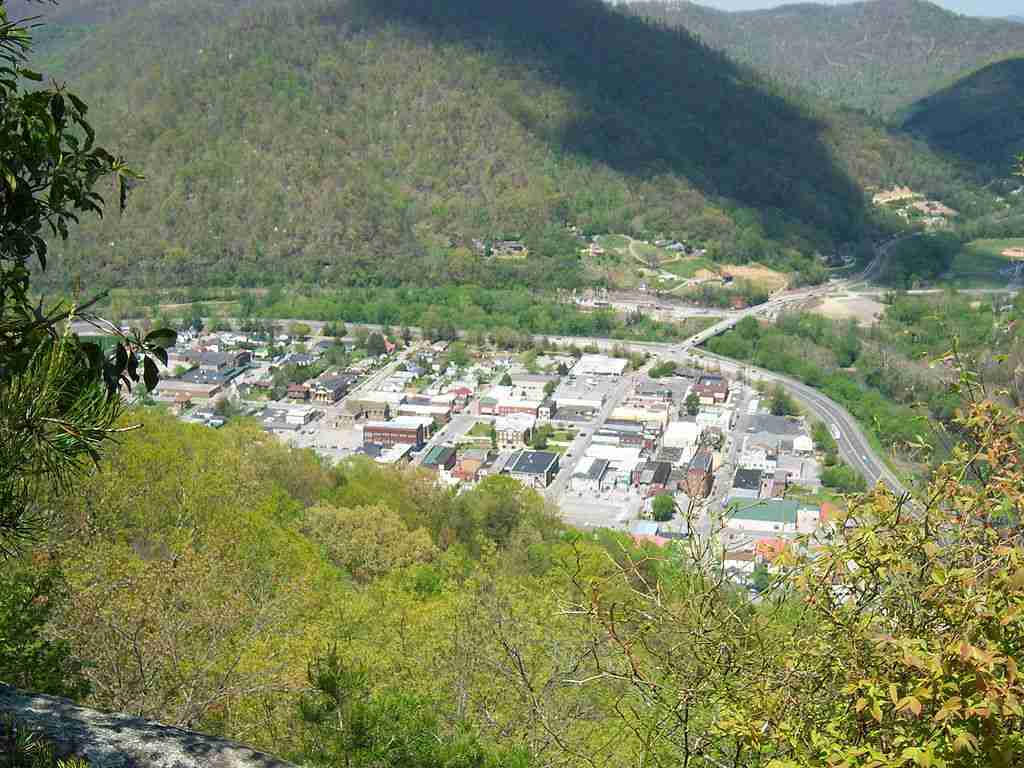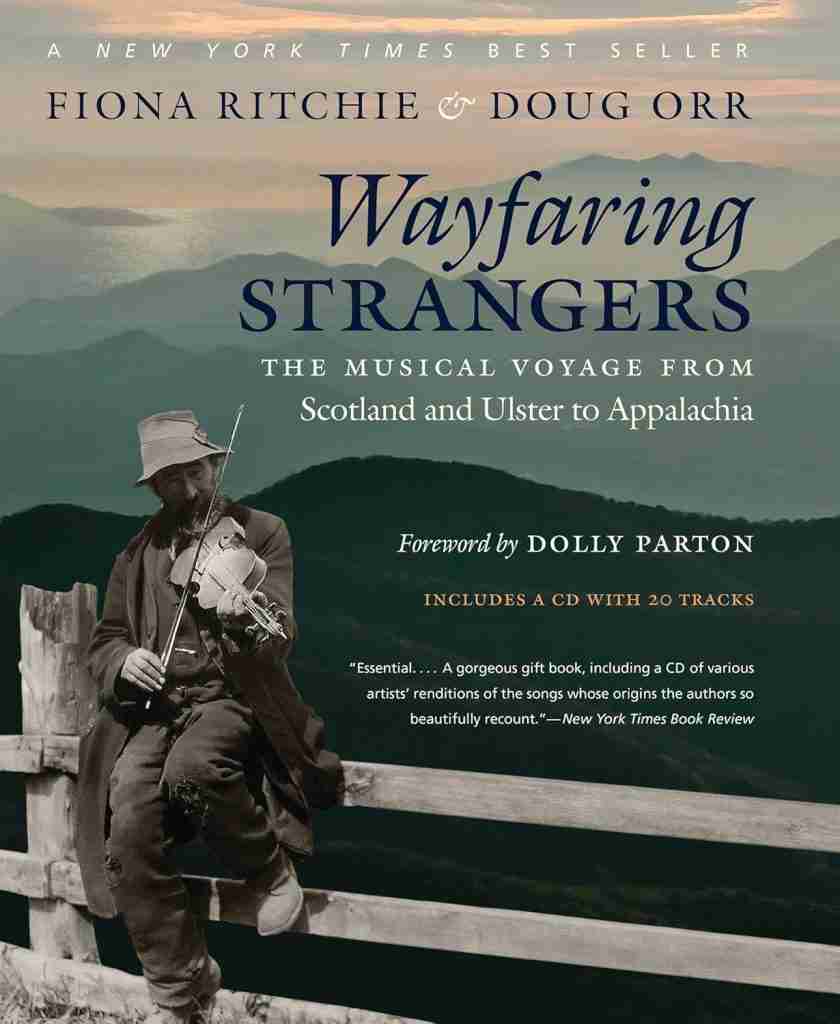The Scots-Irish Influence on Southern Appalachian Dialect

I’m not a hillbilly, but I can sure sound like one when I want to. I grew up around Washington, DC, in a family of Appalachian Southerners. Their accent rolled off my tongue like gravy over biscuits. Over the years, I’ve worked hard to overcome my Southern Appalachian dialect. But I can drop back into it quick as a hound dog to a dinner bell.
Appalachian dialect is unmistakable. It’s a blend of accents, unusual phrases, and expressions that set it apart from any other American regional speech. If you’ve ever heard someone say, “I’m fixin’ to go to town” or “reckon I’ll stay a while,” you’ve caught a whiff of it. But where did this distinct dialect come from? A big part of the answer lies in the influence of the Scots-Irish immigrants who settled in the Appalachian Mountains during the 1700s. These settlers brought the cadence, words, and expressions that would eventually mix into the Appalachian way of speaking.
Scots-Irish Roots in Appalachian Speech
When the Scots-Irish left their homelands in Scotland and Northern Ireland, they were part of a large wave of immigration in the 18th century. The rugged Appalachian landscape felt familiar to the rocky, hilly terrain of home. This geographical isolation became key in preserving their linguistic quirks. Living in remote communities, the Scots-Irish were somewhat shielded from the linguistic changes happening in urban areas, allowing their dialect to remain relatively unchanged for generations.
The Scots-Irish dialects were rich with phrases like “a piece” to describe distance, and a habit of omitting the “to be” verb, as in “the car needs washed” instead of “the car needs to be washed.” These features weren’t linguistic oddities but adaptations of their Gaelic roots.
Unique Vocabulary and Phrases
It’s not just the sounds that make Appalachian dialect—it’s also the words and phrases themselves. Many of the unique terms heard in Appalachia today, like “kin” (meaning relatives) or “britches” (meaning pants), have roots in Scots-Irish vernacular. These were everyday words for Scots-Irish settlers, who might have talked about “a powerful storm” or called someone “foolish” if they misbehaved. These terms worked their way into local usage, eventually becoming part of the regional vocabulary that has held fast for centuries.

Holler: A Place Called Home
Consider the word “holler,” which means a small, remote valley and is a form of “hollow.” This word’s continued usage is a perfect example of how the Scots-Irish influenced what people in Appalachia say and how they see the land around them. For many locals, a holler isn’t just a geographical feature; it’s a community, a home, a place with its own stories. It’s fascinating how a single term can carry so much cultural weight yet be so simple.
Then there’s the phrase “might could,” which you’ll hear in sentences like, “I might could help you with that.” It’s a structure that probably sounds a bit unusual to non-Appalachians, but it’s rooted in Gaelic grammar, where phrases with layered modal verbs are common. This quirky double-helping of possibility adds nuance, hinting at willingness or a bit of hesitation—qualities that feel right at home in the mountains.
Appalachcian Dialect: A Linquistic Time Capsule
Appalachian English is sometimes labeled as “backward” or “unrefined” by outsiders, a misconception that speaks to the enduring stereotypes about the region. But linguists see it differently. To them, the dialect is a living link to centuries-old Scots-Irish speech patterns, a linguistic time capsule that deserves respect and study. And despite modern media’s influence, Appalachian English has proven resilient. Locals hold on to it not just out of habit but as a source of identity and pride, a subtle way of saying, “This is who we are, and this is how we talk.”

A Voice That Holds History
With modernization and the spread of national media, regional dialects face more pressure than ever to conform. Yet, the Appalachian accent holds its ground, especially in more rural or older communities.
In Appalachia, language isn’t just a tool for communication—it’s a badge of heritage. Every “might could” and “fixin’ to” is a nod to the Scots-Irish settlers who first carved out a life in the mountains, bringing with them the words and rhythms that would shape generations. The dialect reminds us that language isn’t just about words; it’s about identity, culture, and a sense of place. So next time you hear someone in Appalachia say, “I reckon” or “yonder,” remember that you’re hearing the echo of a story that started centuries ago, carried forward in the voices of the people who call these mountains home.
I’m proud of my heritage. It feels comfortable, like slipping into a worn flannel on a chilly morning.


Comments are closed.